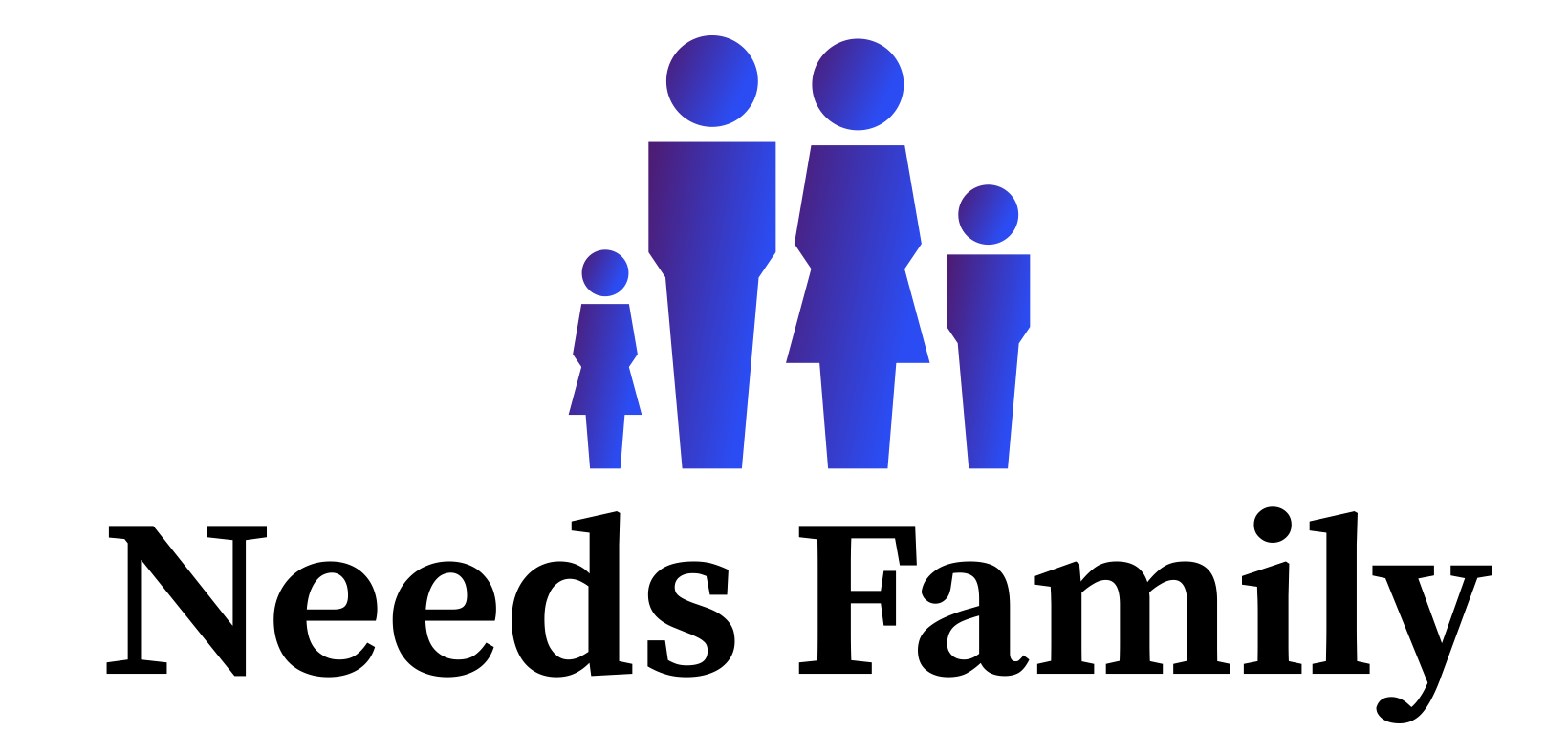Uterine fibroids are the most common type of tumor found in the female reproductive system. These noncancerous growths develop in the muscle wall of the uterus and can vary greatly in size, causing a range of symptoms or none at all. While the exact cause of fibroids remains unknown, certain factors can increase your risk of developing them. This blog will explore the risk factors of fibroid.
Risk Factors for Fibroids:
- Age: Fibroids are most prevalent during a woman’s childbearing years, between the ages of 30 and 50. Their growth is often linked to hormonal fluctuations, particularly estrogen.
- Race: African American women are significantly more likely to develop it compared to women of other races. The reasons for this racial disparity are still being researched.
- Family history: Having a close relative with fibroids, like a mother, sister, or aunt, increases your risk. This suggests a potential genetic link.
- Hormonal factors: Exposure to estrogen for longer periods can elevate your risk. This includes factors like starting your period at a young age, having irregular or heavy periods, and experiencing later menopause.
- Body weight: Obesity is a recognized risk factor for fibroids. Excess weight can contribute to higher estrogen levels in the body.
- Vitamin D deficiency: Studies suggest a possible link between low vitamin D levels and an increased risk of it.
It’s important to note that having one or more of these risk factors doesn’t guarantee you’ll develop fibroids, and conversely, some women with no risk factors may still get them.
Early Detection and Management:
If you’re concerned about it or experience symptoms like heavy bleeding, pelvic pain, or frequent urination, consult your doctor. Early detection and diagnosis are crucial for managing symptoms and preventing complications. Treatment options for fibroids depend on the severity of your symptoms and your individual situation.
Remember: Knowledge is power. By understanding your risk factors for fibroids, you can be proactive about your health and talk to your doctor about any concerns you may have.
Additional Resources:
- For more information on uterine fibroids, you can visit the website of the National Institutes of Health: [National Institutes of Health uterine fibroids ON National Institutes of Health (.gov) nichd.nih.gov]
- The American Congress of Obstetricians and Gynecologists also has a patient education page on it: [American Congress of Obstetricians and Gynecologists fibroids ON American Congress of Obstetricians and Gynecologists acog.org]
Disclaimer: This blog post is for informational purposes only and should not be taken as medical advice. Always consult with a healthcare professional about your individual situation.
